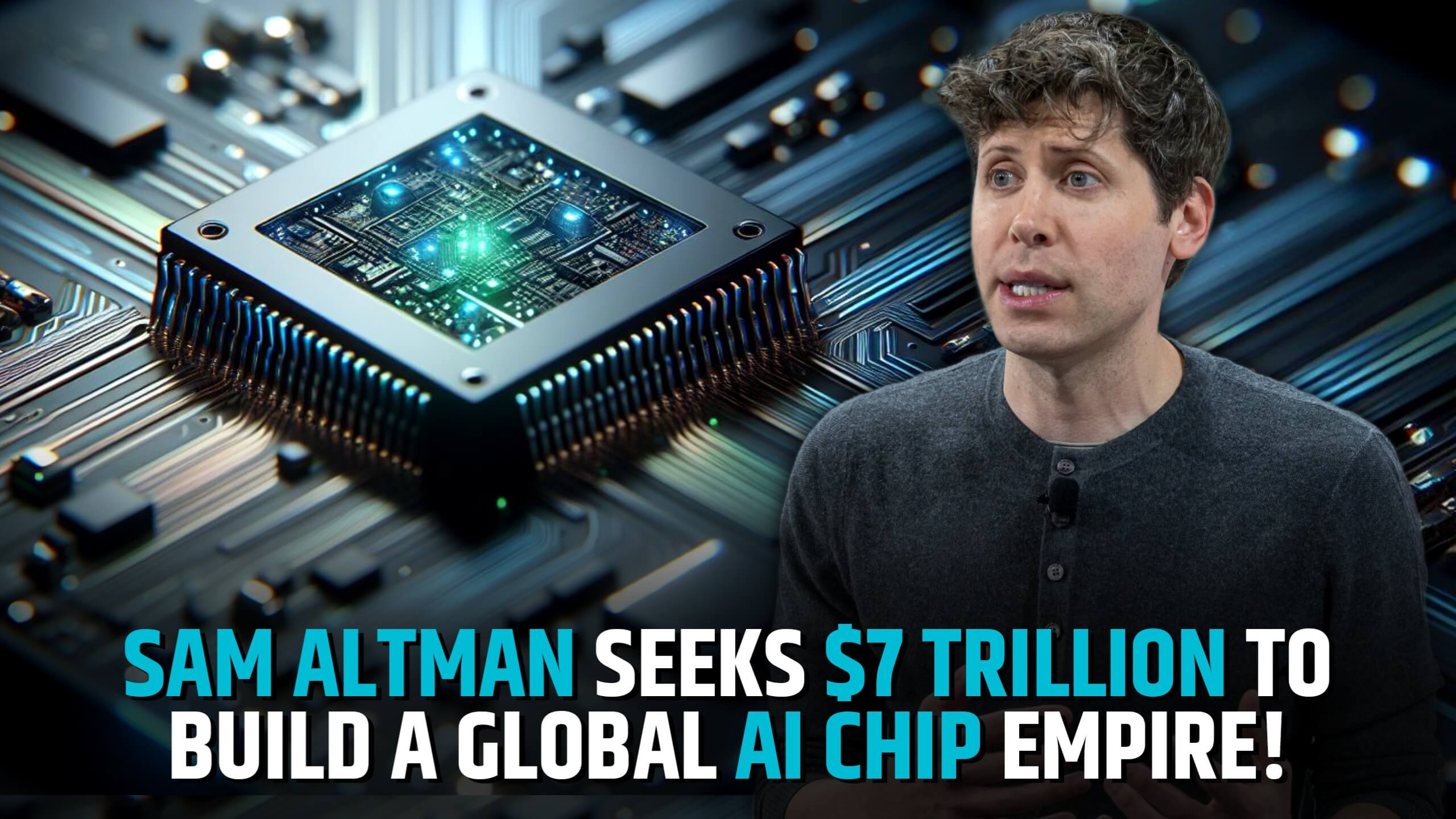OpenAI CEO Sam Altman sets his sights on the semiconductor industry, seeking a staggering $5-6 trillion to build a global network of chip fabrication plants. This ambitious plan, dwarfing even Apple and Microsoft’s combined market value, aims to address the chip shortage hindering artificial intelligence progress and create an independent ecosystem for AI development.
Beyond Moore’s Law? Building a Global Chip Empire:
Altman’s vision transcends mere chip production. He seeks to build a network of fabs spread across the globe, potentially partnering with countries like the United Arab Emirates and companies like TSMC, the world’s largest chipmaker. This geographically diverse network aims to mitigate geopolitical risks and ensure a stable supply chain for critical AI hardware.
Funding the Future: Public-Private Collaboration Key:
The sheer scale of this undertaking demands not just private investor support, but also potential involvement from governments around the world. Public-private partnerships could not only provide financial backing but also facilitate infrastructure development, talent acquisition, and regulatory processes. The reported discussions with the UAE government highlight Altman’s pursuit of such collaborations.
Breaking the Tech Giants’ Grip:
One of the key motivations behind this initiative is to create an alternative to the current landscape dominated by large tech companies like Google and Nvidia. These companies often control access to advanced AI hardware, hindering independent research and development. Altman’s proposed ecosystem aims to democratize access to critical hardware, fostering an environment of open innovation and competition.
Also Read OpenAI’s 2024 Roadmap: CEO Sam Altman Shares Top Priorities
Beyond the Billion-Dollar Question: Potential Challenges and Benefits:
While the ambition is undeniable, challenges abound. Securing such a massive amount of funding, navigating geopolitical complexities, and ensuring the technical feasibility of the project are herculean tasks. Success would unlock significant benefits, however. Increased chip production would bolster AI research and development, potentially accelerating advancements in fields like healthcare, robotics, and climate change mitigation.
OpenAI CEO Sam Altman seeks as much as $7 trillion for new AI chip project, per WSJ.
— unusual_whales (@unusual_whales) February 9, 2024
The Verdict: A Moonshot Worth Watching:
Whether Altman’s trillion-dollar gamble will pay off remains to be seen. The project’s sheer scale and ambitious goals invite skepticism. However, its potential impact on the future of AI makes it a moonshot worth watching closely. Only time will tell if this project reshapes the chip industry or fades into a footnote in technological history.
Additional Points to Consider:
- Potential environmental impact of building numerous chip fabs.
- Impact on existing chipmakers and the current market dynamics.
- Ethical considerations surrounding AI development and potential misuse of advanced chips.
- Role of regulations and international cooperation in ensuring responsible AI development




